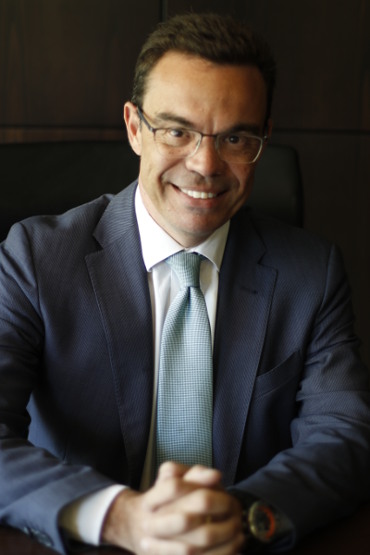
Dr. Joan Iglesias Capellas
The lawyer and prosecutor Joan Iglesias calls for a reform of the regulations of the Spanish Public Treasury and the legal framework that regulates the tax crime so that the Administration and Justice do not collide or overlap in the prosecution of tax fraud or, in any case, the citizen and taxpayer is immersed in a defenceless framework. Iglesias argues broadly and rigorously his position in the work “Delito fiscal y proceso penal: crónica de un desencuentro” (Fiscal crime and criminal process: chronicle of a disagreement), his admission speech as a corresponding academician of the Royal European Academy of Doctors-Barcelona 1914 (RAED), that took place last 9 November in Barcelona. He was answered, on behalf of the RAED, by the full academician Emili Gironella.
“The criminal process is not and cannot be used as an extension of the regularization of the tax situation of a taxpayer -says Iglesias-. The criminal judge is not a mere executor of the interests of the tax administration, however praiseworthy. The criminal sentence is not intended to replace the administrative liquidation of the quota, nor to accelerate the collection of the tax debt. The penal sanction must be reserved for those cases in which there is no other way of restoring the damage caused by the breach of tax obligations”.
For the new academician, since the introduction of tax offense in the Spanish legal system, the legislator has not yet been successful with the final solution to a problem that, he says, “is a simple matter of distribution of functions and competences between the tax administration and the judicial power”. This has led to situations of legal uncertainty for the citizen and to what he himself defines as a “fiscal revenge” with the Justice as the executing arm.
“The use of criminal law in the tax area should be restricted to those behaviours that manifestly reveal the will not to contribute”
“The use of criminal law in the tax area should be restricted to those behaviours that manifestly reveal the will not to contribute and, in any case, are covered with the utmost transparency -he says-. We do not think that the solution to the high levels of fraud in Spain is to increase the threat to taxpayers. We do not think that the problem of non-compliance with tax rules finds its solution in the criminal courts. We do not think that the organs of the tax administration should assume the role that the law confers on them when what is being debated is the deprivation of taxpayers’ right to freedom. In short, an advanced society cannot afford fiscal revenge and must make clear the limits of the power conferred on the organs of the Administration”.
Iglesias has been a technician in the administration and the Spanish Treasury, where he worked as an inspector until 2016, and is currently working as a jurist in the firm Crowe Horwarth. He has been an advisor to the president of the Catalan Government and director of the Program for the Definition of a New Model of Tax Administration of Catalonia. In the field of teaching, he has been an associate professor at the Faculty of Economic Sciences of the University of Barcelona, professor of the Master of Public Management at the ESADE Business School, professor of the Master’s Degree in Taxation at the Barcelona School of Management of the Pompeu Fabra University, professor of the Master in Taxation of the International University of Catalonia, professor of Tax Law of the Law School of the Autonomous University of Barcelona, professor and coordinator of the Postgraduate Course in Accounting, Tax and Commercial Specialization of the Institute of Public Economics, Cooperatives and Financial Law of the University of Barcelona and professor of the Master of Tax Refinement of the Spanish Centre for Financial Studies, among others.


